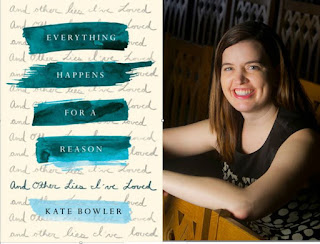Today I'm linking up with Five Minute Friday, writing for five minutes on a given prompt. This week's word: IF.
*******************
On Twitter today I read a tweet by a pastor I follow, Rev. Daniel Brereton, which said:
I had actually been thinking along similar lines not long ago, particularly regarding the story in John 11 about the death of Jesus' friend Lazarus.
Jesus received word that his friend was sick, but he stayed where he was for two more days before going to Bethany where Lazarus and his sisters, Martha and Mary, lived. He was aware that Lazarus had died in the meantime, yet he confidently told his disciples that he was going there to "wake him up" and that his doing so would be a means of strengthening their faith.
When he arrived at his friends' home, Mary fell at his feet and said, "Lord, if you had been here, my brother would not have died."
The passage goes on to tell us that as he approached the tomb, Jesus wept.
Many theologians have speculated about why Jesus cried at this moment. Some say it was sorrow for the loss of a friend; others say it was compassion for the plight of humankind; some say it was sadness about the price he was going to have to pay to redeem humanity.
Any or all of those may be true. Yet in light of Rev. Daniel's question, I can't help wondering if Jesus cried simply because he was hurt by his friend's words of (however respectful) blame and accusation. Jesus was constantly misunderstood, mistrusted, criticized, blamed, betrayed, and denied -- by his closest friends as well as his staunchest enemies. It must have been so painful for him.
So perhaps at that moment of sorrow and solemnity the words "If you had been here..." from a dear friend were just too much, and the tears flowed. Maybe we don't need to think of a more complicated reason beyond the fact that Jesus was our Brother, a human being with human feelings.
*******************












